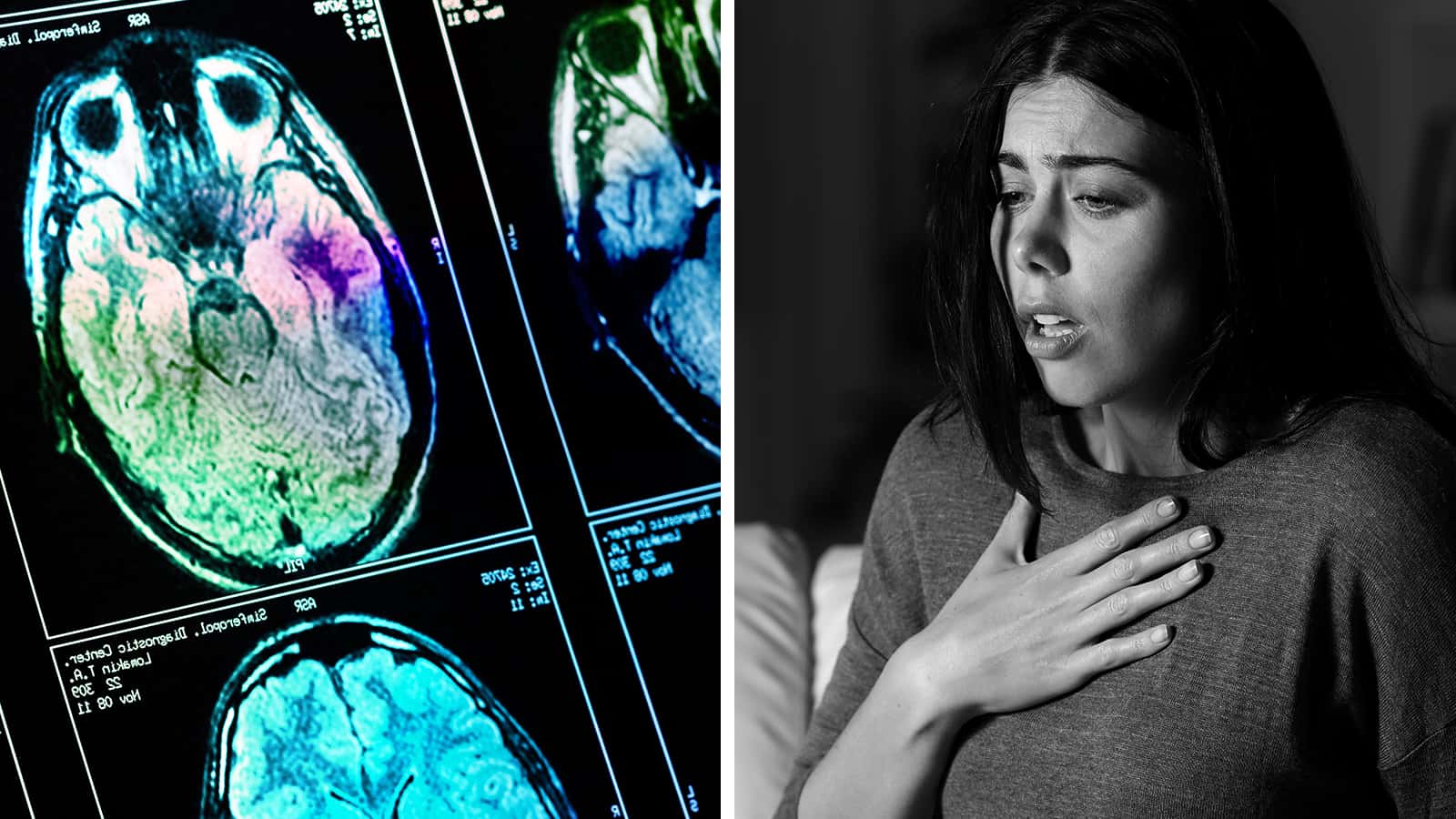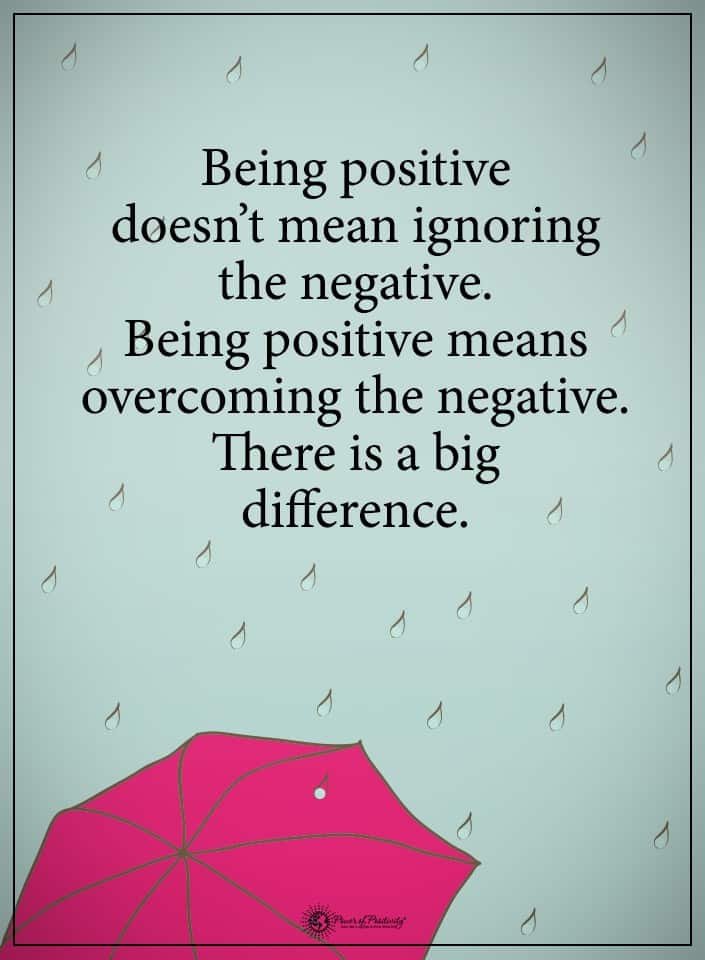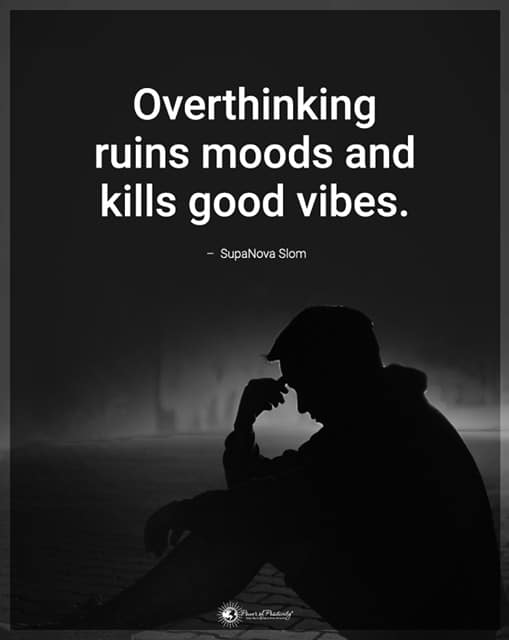Researchers now understand how to use AI to detect anxiety symptoms with over 90% accuracy. They added that artificial intelligence might help identify and treat other mental health conditions in the future.
Researchers utilized a deep learning tool called Human Activity Recognition (HAR) for the study. This broad field of study aims to identify a person’s exact movements using sensor data. Movements often involve everyday activities such as standing, sitting, going up a flight of stairs, or jumping.
Usually, data is recorded directly by a wearable device such as a smartphone or vest. However, it’s also possible to measure data remotely via video, radar, or other wireless tactics. Once the machine recognizes the subject’s activity, the AI can assist.
So far, researchers have used HAR in various applications such as healthcare, elderly care, and other areas. However, they found that this machine learning tool can also benefit the field of psychiatry to help detect anxiety.
Researchers made a HAR-based model using motion sensors of smartphones and Inertial Measurement Unit (IMU) to create a dataset of anxious behaviors. They also produced several deep learning-based models and compared them against random forest and gradient boost algorithms.
The team found that a deep model consisting of Convolution Neural Network (CNN) and Long-Short Term Memory (LSTM) outperformed other models. It detected anxiety and its symptoms with over 92% accuracy.
The journal Pervasive and Mobile published these findings in their December of 2021 volume.
The research couldn’t have come at a better time, with more people experiencing anxiety than ever before. According to the American Psychiatric Association (APA), anxiety affects about 30% of US adults throughout their lifetime, making it the most prevalent mental disorder. However, recent events have made anxiety symptoms even worse for many people.
New AI Can Detect Anxiety Symptoms With 90% Accuracy
“In the two years since the onset of COVID-19, and one climate disaster after another, more and more people are experiencing anxiety,” says SFU visiting professor and social psychologist Gulnaz Anjum. “Our research appears to show that AI could provide a highly reliable measurement for recognizing the signs that someone is anxious.”
They added that AI could detect anxiety and help treat and monitor mental disorders.
Anjum collaborated with Nida Saddaf Khan and Sayeed Ghani from the Institute of Business Administration in Karachi, Pakistan, for the research. They gathered comprehensive data from adult volunteers for their Human Activity Recognition (HAR) study. Participants performed several activities in an instructed order while wearing sensors designed to track their movements.
Next, the team created a dataset of common anxiety symptoms so the sensors could detect anxiety. These include typical behaviors such as nail-biting, knuckle cracking, idle sitting, and hand tapping. They utilized deep learning algorithms and computational hybrid models to analyze the data.
“We’re hopeful that as more work is done to develop this method, we can help to provide more accurate data for clinical research and practitioners,” says Anjum. “Our goal with this research is to expand horizons for the identification of anxiety disorders and ultimately, the improvement of people’s mental health.”
Khan said that rapid AI and sensor technology advancements have “made it possible to access and process the data related to mental, emotional and behavior disorders. It can be further researched and explored to understand unspoken behaviors and improve mental health at large.”
Ghani added that “there is tremendous opportunity for the healthcare industry to benefit from the applications of AI, and our research in using motion sensors for detecting anxiety-related behaviors is an example of what is possible.”
Know the Fourteen Primary Signs of Anxiety
Typical anxiety symptoms include the following, according to the National Institute of Mental Health:
- Feeling restless or on-edge
- Getting fatigued easily
- Racing thoughts or difficulty concentrating
- Irritability
- Muscle tension or spasms
- Persistent, intense feelings of fear or worry
- Insomnia or other sleep problems
- Fast heartbeat or heart palpitations
- Sweating (usually on the hands and feet)
- Blushing
- Feeling out of control
- Constant feeling of impending doom
- Trembling or shaking
- Feeling short of breath
Note that this list is by no means comprehensive; these are just the most common anxiety symptoms.
Three Useful Ways to Combat Anxious Thoughts
It sometimes seems impossible to control your mind amid a panic attack or heightened anxiety. However, it will become easier to detect anxiety with practice and consistency before it gets out of hand.
- Don’t fight your brain. This statement may seem counterintuitive, but trying to block out or fight the feelings will only amplify them. Allow yourself to feel anxious, scared, out of control, or whatever emotions you’re going through. Acceptance will help you realize that these feelings are only temporary and will pass in time.
- Meditate and practice mindfulness. Anxiety happens for complex reasons, but it’s usually due to heredity or environmental factors. While we can’t control these circumstances, we can control our reactions and lifestyle. Get in the habit of meditating, practicing deep breathing, or other techniques that keep you in the present moment. This habit will significantly ease your symptoms and help calm your mind when it’s in overdrive.
- Live a healthy lifestyle. Exercise, eat a balanced diet, get enough sleep, and take care of yourself, in general. If you’re feeling anxious, go for a run or hit the gym for an intense workout. Moving your body will get the endorphins flowing and eliminate excess energy that you build throughout the day.
Final Thoughts on How New AI Sensor Technology Can Detect Anxiety
As technology continues to advance each day, researchers have found a way to use it for mental health applications. A new study reveals how a sensor-based AI can detect anxiety with over 90% accuracy. This would have profound implications in many facets of the healthcare industry. Due to technology such as AI, diagnosing and treating mental disorders will look much different in the future, and perhaps that’s a good thing.
Researchers hope that their work will improve people’s mental health and help detect anxiety more quickly.
















 Community
Community

